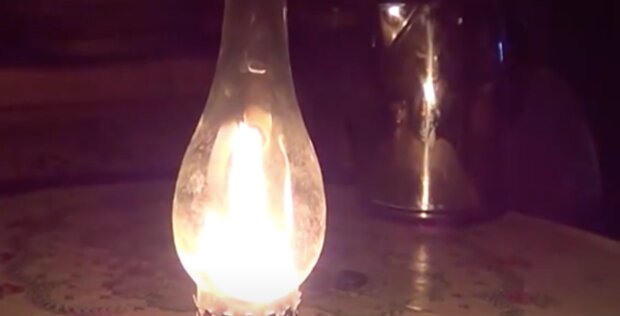Despite these ongoing threats, the energy sector has managed to maintain control over the situation. However, the possibility of power outages in January remains a concern.
According to Vladimir Omelchenko, director of energy programs at the Razumkov Center, prolonged outages are currently rare, except in frontline regions where the damage is more extensive. In areas such as Kharkiv Oblast, which previously faced serious issues with electricity and heating, gradual improvements are being made.
Efforts to stabilize the energy system have included the rapid replacement of transformers and repair of damaged equipment, which has proven effective in maintaining functionality. However, the situation remains unstable due to significant damage to thermal and hydroelectric power plants in the eastern and southern parts of the country.
Unlike transformers, restoring generating capacities is a much more complex and time-consuming process, often taking up to six months.

The situation in January is expected to depend on several factors, including weather conditions and the scale of any renewed attacks. A sharp drop in temperature could increase demand on the electricity grid, while intensified strikes on critical infrastructure may lead to a resumption of planned outages. Omelchenko anticipates that power outages may occur, but their duration and frequency will largely depend on these variables.
At present, the energy system is operating stably, and Russia has not succeeded in its goal of leaving Ukraine completely without electricity. Nevertheless, the upcoming months may bring new challenges.
Energy experts warn that January will be a critical period, testing the resilience of the energy system and the ability of repair crews to cope with the demands of winter and the ongoing conflict.
Although the current situation is not catastrophic, caution and preparedness remain crucial as Ukraine navigates this challenging chapter.